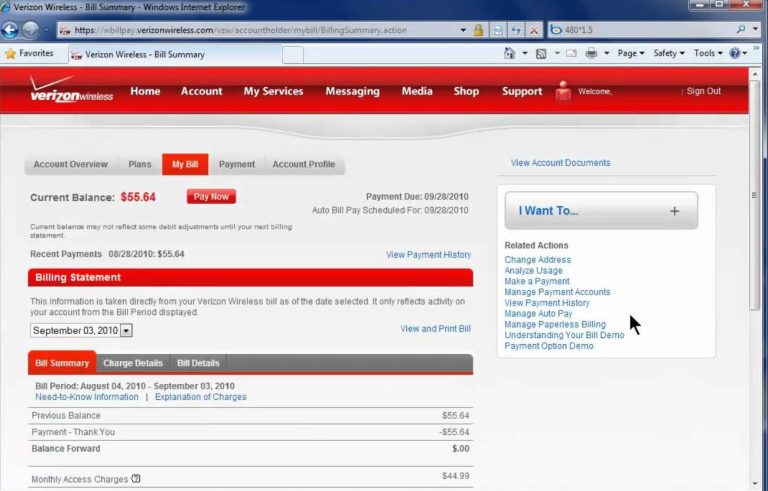In today’s world, where healthcare costs are constantly on the rise, having adequate health insurance coverage is essential for both individuals and businesses. Large group health insurance plans offer a cost-effective and comprehensive solution for employers looking to provide their employees with quality healthcare benefits. This article will delve into the intricacies of large group health insurance, exploring its benefits, eligibility requirements, coverage options, cost factors, and the process of selecting the right plan.
What is Large Group Health Insurance?
Large group health insurance refers to health insurance plans offered to a large group of individuals, typically employees of a single employer. These plans are designed to provide comprehensive healthcare coverage to a significant number of people, often at a more affordable rate than individual health insurance plans.
Benefits of Large Group Health Insurance
- Cost-Effectiveness: Large group health insurance plans often come with lower premiums and deductibles compared to individual plans. This is due to the economies of scale achieved by insuring a large number of people.
- Comprehensive Coverage: These plans typically offer a wide range of healthcare services, including preventive care, hospitalization, prescription drugs, and specialist consultations.
- Employee Satisfaction: Offering health insurance benefits can significantly boost employee morale and satisfaction, leading to increased productivity and reduced turnover.
- Tax Benefits: Employers can often deduct the cost of providing health insurance benefits as a business expense, reducing their overall tax burden.
Eligibility Requirements for Large Group Health Insurance
The eligibility requirements for large group health insurance can vary depending on the specific insurer and plan. However, some common criteria include:
- Group Size: Most insurers require a minimum number of employees to be eligible for a large group health insurance plan. This number typically ranges from 50 to 100 employees.
- Full-Time Employment: Employees must typically work a minimum number of hours per week to be eligible for coverage.
- Employer Contribution: Employers are usually required to contribute a certain percentage of the premium cost for their employees.
Coverage Options in Large Group Health Insurance
Large group health insurance plans offer a variety of coverage options to meet the diverse needs of employees. Some common coverage areas include:
- Preventive Care: This includes routine checkups, screenings, and vaccinations to help prevent health problems before they occur.
- Hospitalization: Coverage for inpatient hospital stays, including room and board, surgeries, and other medical services.
- Prescription Drugs: Coverage for prescription medications, often with tiered pricing structures for generic and brand-name drugs.
- Mental Health and Substance Abuse: Coverage for mental health services, such as therapy and counseling, as well as substance abuse treatment.
- Maternity and Newborn Care: Coverage for prenatal care, childbirth, and postnatal care for both mother and baby.
Cost Factors in Large Group Health Insurance
The cost of large group health insurance premiums can vary depending on several factors, including:
- Group Size: Larger groups typically benefit from lower premiums due to economies of scale.
- Age and Health of Employees: Plans with a higher proportion of older or less healthy employees may have higher premiums.
- Coverage Options: The more comprehensive the coverage, the higher the premiums are likely to be.
- Deductibles and Copayments: Plans with higher deductibles and copayments typically have lower premiums.
- Location: Healthcare costs can vary significantly depending on the geographic location, which can affect premium rates.
Selecting the Right Large Group Health Insurance Plan
Choosing the right large group health insurance plan requires careful consideration of several factors, including:
- Employee Needs: Assess the healthcare needs of your employees to determine the appropriate level of coverage.
- Budget: Set a realistic budget for health insurance benefits and explore plans that fit within your financial constraints.
- Network Providers: Ensure that the plan’s network includes healthcare providers that are convenient for your employees.
- Plan Features: Compare the plan’s features, such as deductibles, copayments, and out-of-pocket maximums.
- Employee Feedback: Seek input from your employees regarding their healthcare needs and preferences.
Conclusion
Large group health insurance plays a vital role in ensuring the well-being of employees and contributing to a productive and satisfied workforce. By understanding the benefits, eligibility requirements, coverage options, cost factors, and selection process, employers can make informed decisions and choose the right plan for their organization. Providing comprehensive health insurance benefits is not only an investment in the health of employees but also in the overall success of the company.
Additional Considerations
In addition to the key points discussed above, here are some additional considerations when exploring large group health insurance options:
- Wellness Programs: Many insurers offer wellness programs that encourage healthy behaviors and can lead to lower healthcare costs.
- Technology Solutions: Explore plans that offer online tools and resources for managing healthcare benefits and accessing information.
- Customer Service: Choose an insurer with a reputation for excellent customer service and support.
- Flexibility: Consider plans that offer flexibility in terms of coverage options and provider networks.
By taking a proactive approach to large group health insurance, employers can create a healthier and more productive work environment, while also demonstrating their commitment to the well-being of their employees.






